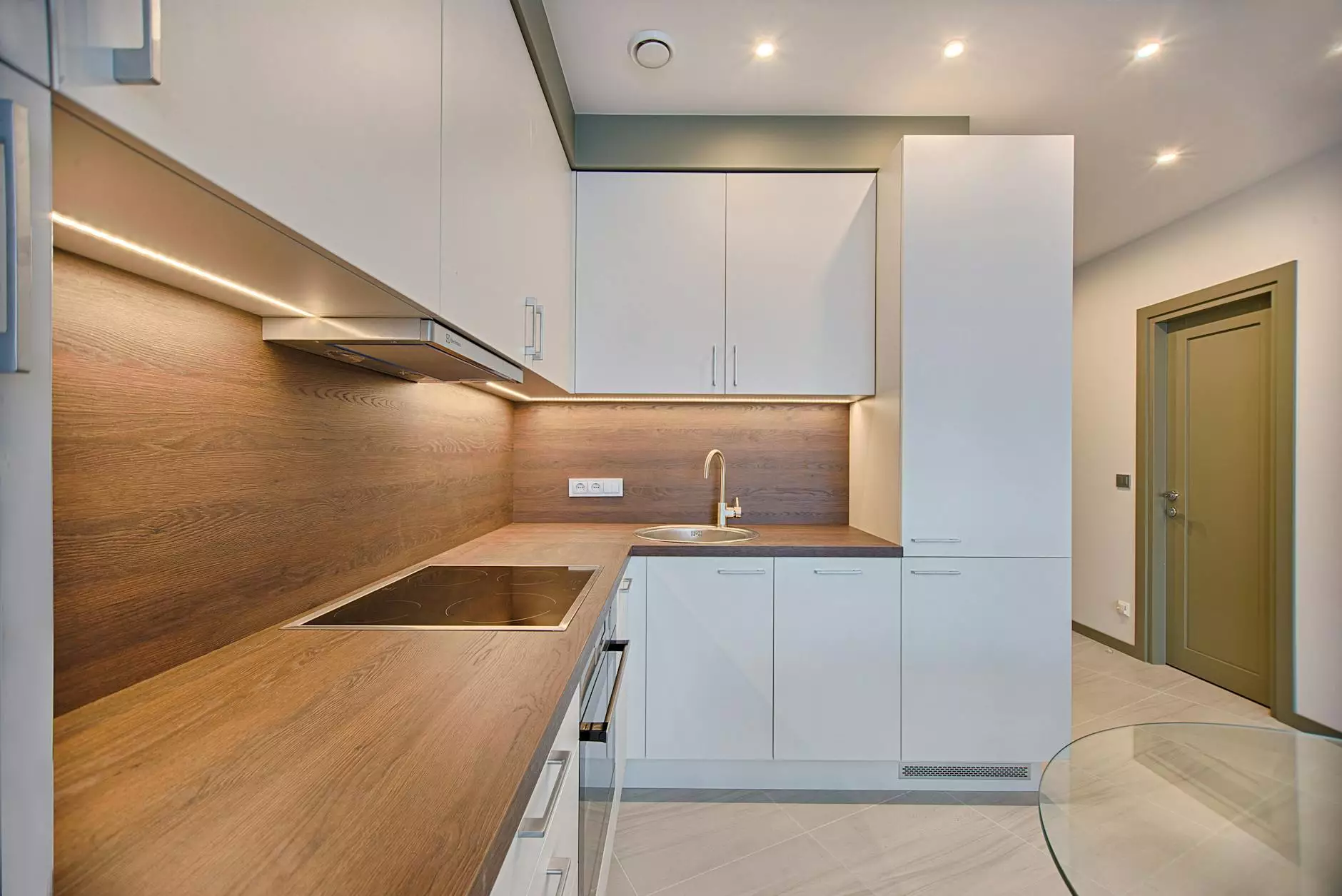The Ultimate Guide to Lock Hardware

Understanding Lock Hardware
Lock hardware encompasses a vast array of products that are essential for securing residential, commercial, and industrial properties. This category includes everything from traditional locks and keys to modern electronic access systems. The importance of quality lock hardware cannot be understated, as it plays a critical role in safety and security.
Types of Lock Hardware
When it comes to lock hardware, there are several types to consider. Each type serves a specific purpose and offers unique features:
- Deadbolts: These are essential for home security, as they provide an additional layer of protection against forced entry.
- Padlocks: Versatile and portable, padlocks can secure everything from lockers to bicycles.
- Smart Locks: Integrating technology and traditional locking mechanisms, smart locks can be controlled via smartphones and offer keyless entry.
- Mortise Locks: Commonly used in commercial settings, these locks are embedded into the door and provide a sturdy locking mechanism.
- Knob Locks: These are the standard locks found in many homes but are often not as secure as deadbolts.
Choosing the Right Lock Hardware
Selecting the appropriate lock hardware involves several factors:
- Security Needs: Determine your security requirements based on the location and value of what you are protecting.
- Budget: Lock hardware comes in a wide range of prices. Decide how much you are willing to invest in security.
- Type of Door: Ensure the lock you choose is compatible with your door type and material.
- Brand Reputation: Opt for brands that are known for their quality and reliability, such as Schlage, Kwikset, or Yale.
Installation of Lock Hardware
The installation process for lock hardware can vary greatly depending on the type of lock and the complexity of the installation. Here are some general steps to guide you:
1. Gather Necessary Tools
Before beginning, ensure you have all necessary tools, including a screwdriver, drill, and measuring tape.
2. Remove Old Hardware
If replacing an existing lock, remove the old hardware carefully to avoid damaging your door.
3. Measure for New Lock
Accurate measurements are vital. Measure the backset (distance from the edge of the door to the center of the lock) to ensure proper fit.
4. Install New Lock
Follow the manufacturer's instructions for installation, which typically involve inserting the lock body, securing it with screws, and attaching the exterior and interior components.
5. Test the Lock
Once installed, test the functionality by locking and unlocking the door multiple times.
Maintenance of Lock Hardware
Regular maintenance of lock hardware can prolong its life and ensure optimal security. Here are some tips:
- Clean Regularly: Dirt and grime can impede the function of the lock. Use a soft cloth and mild cleanser.
- Lubricate: Apply graphite lubricant to keyholes and moving parts to ensure smooth operation.
- Inspect Annually: Conduct an annual inspection to check for wear and tear or signs of tampering.
Lock Hardware and Home Security
Investing in high-quality lock hardware is crucial for enhancing your home security. Here is how different types of locks contribute to overall safety:
1. Deadbolts
Deadbolts are a key component in residential security systems. When paired with a sturdy door, they provide excellent resistance against break-ins.
2. Smart Locks
Smart locks offer innovative security features, allowing homeowners to monitor access through their smartphones and receive alerts for unauthorized attempts.
3. Reinforced Door Frames
Combining lock hardware with reinforced door frames can significantly improve security, making it harder for intruders to gain access.
Common Issues with Lock Hardware
Being informed about common issues can help you troubleshoot effectively:
- Key Sticking: Usually caused by dirt or debris, sticking keys can often be resolved with cleaning and lubrication.
- Lock Jamming: If your lock is jamming, it may need to be realigned or require a replacement if it’s beyond repair.
- Corrosion: Locks exposed to the elements may rust. Consider weather-resistant products for external installations.
Lock Hardware for Business Use
For commercial properties, the right lock hardware is critical in safeguarding assets and ensuring employee safety. Key considerations include:
- Access Control Systems: Integrate electronic locks to manage who can enter secure areas.
- High-Security Locks: Consider high-security options that offer advanced key control and are resistant to picking.
- Exit Devices: Ensure that exit devices are in place for emergency egress, complying with safety regulations.
Conclusion
In conclusion, understanding lock hardware is essential for anyone looking to enhance their property's security. By choosing the right type of locks, ensuring proper installation, maintaining them appropriately, and staying informed about security options, you can significantly improve safety for your home or business. For more information on a wide range of locking solutions, visit KaukaBan, your trusted source for all hardware and locksmith needs.









